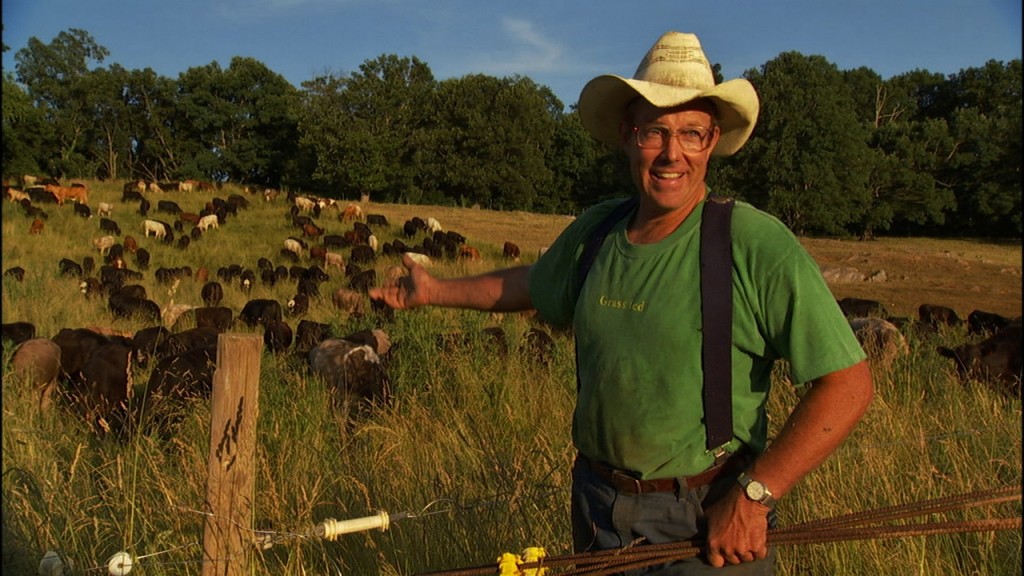Hello! This is my first post.
I’m teaching high school English in rural Louisiana, and in order to spark some interest in my seniors as they begin Pride and Prejudice I wrote them a mini, informal essay. We had a wonderful discussion about Southern manners versus Northern (lack of) manners – and I explained to them what it was like for me as a college freshman when I moved to the south for the first time from New England.
They still can’t believe that we don’t say “yes ma’am” or “yes sir” up there.
Here it is:
Pride and Prejudice by Jane Austen: The Art of Manners
English IV
The 20th century American Southern writer Flannery O’Connor says:
There are two qualities that make fiction. One is the sense of mystery and the other is the sense of manners. You get the manners from the texture of existence that surrounds you. The great advantage of being a Southern writer is that we don’t have to go anywhere to look for manners; bad or good, we’ve got them in abundance. We in the South live in a society that is rich in contradiction, rich in irony, rich in contrast, and particularly rich in its speech. (Flannery O’Connor, Mystery and Manners)
The type of mind that can understand good fiction is not necessarily the educated mind, but it is at all times the kind of mind that is willing to have its sense of mystery deepened by contact with reality, and its sense of reality deepened by contact with mystery (Flannery O’Connor, Mystery and Manners).
Flannery O’Connor’s description of the relationship between mystery (that which can never be fully understood by the human mind) and manners (our rituals, the acts of courtesy and custom that preserve the mysteries of life) is a wonderful way to begin to understand Jane Austen. Again, “mystery” here does not mean a murder mystery or an area of empirical/physical/scientific reality that we just haven’t figured out yet. “Mystery” for O’Connor (and probably Jane Austen) really means those areas of life and experience that are so deep that we will never (in this life or the next) get to the end of them—such as love, friendship, holiness, suffering, forgiveness, redemption, death, etc. “Manners” definitely includes things like saying “Please” and “thank you,” opening the door for people, dressing appropriately, etc. But “manners” for O’Connor and Austen also includes something more: respecting the privacy of others, understanding and negotiating social boundaries, the art of conversation, the art of listening, etc.
Although Flannery O’Connor wrote in the 20th century American South (Georgia, to be specific) and Jane Austen wrote in the 19th century English countryside, they both are really interested in manners and how manners/social boundaries/customs can either preserve or damage human mystery. For example, good manners for Austen, like waiting to be properly introduced to someone before you talk to them, help people build relationships and friendships based on a solid foundation. Bad manners, on the other hand, like telling your whole life story to someone the first time you meet them, can damage both people involved because one hasn’t established the right foundation yet for that kind of intimacy.
Forgive me for generalizing a little bit, but the Southern states, for some reason, actually seem to pay a lot more attention to manners than the Northern states do, because their priorities are somewhat different. In this way, living in the South might help you appreciate Jane Austen more, since she too would appreciate people saying things like “Yes ma’am” and “Yes sir” and offering people welcome and hospitality.
So:
When you are reading Jane Austen, pay VERY close attention to the manners of the various characters, how they treat one another, judge one another, respond to social situations, etc. Jane Austen is not going to directly describe a lot of emotions to you—but they are definitely there. They are brimming beneath the surface.
It’s like she respects the characters’ interior lives so much that she does not want to completely reveal all of their thoughts and feelings—since that would be a violation of manners and proper boundaries.
At the same time, Austen’s narrator is VERY critical of many of the characters. You may or may not always agree with her.
Don’t be fooled by Austen’s rather cool or lighthearted tone, or her stereotypes, or her ridiculous characters. There is some serious stuff going on underneath all the witty dialogue and brief descriptions.
Good luck!



